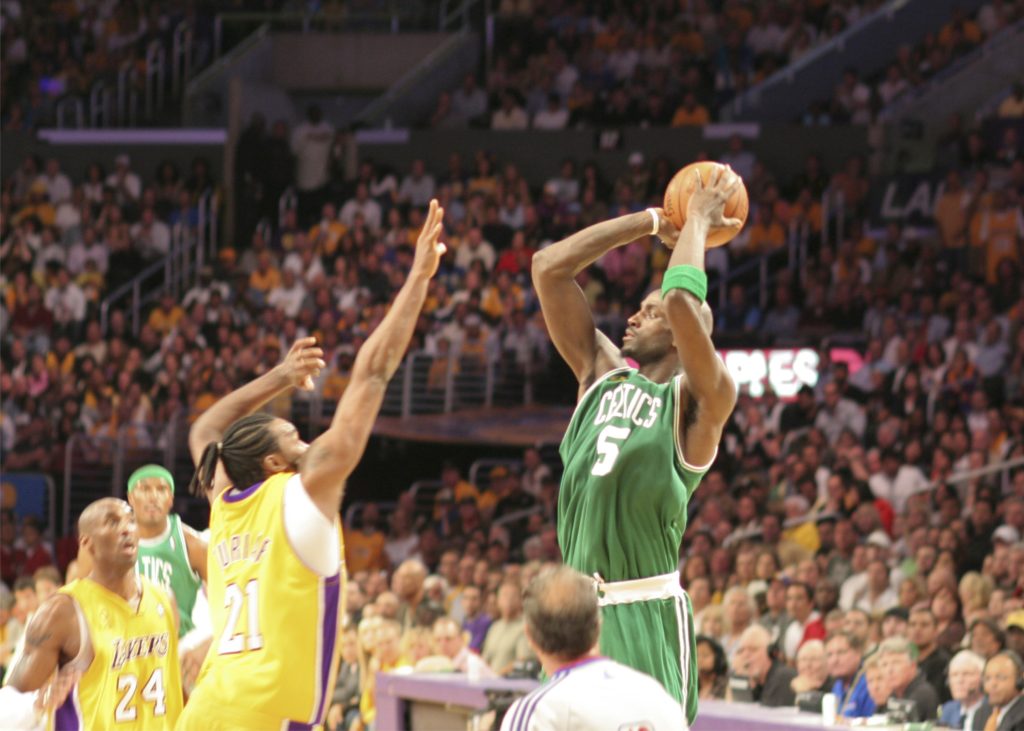Quick Hits
Daily brief research updates from the cognitive sciences

That may sound like an odd thing to say, and this research is now actually a few years old, but is nevertheless still misunderstood. We all seem to generally feel that more talent leads to a better team. This applies to sports teams as well as to business teams. I have just come back from a conference in the life sciences sector and one panel was talking about talent. The discussion revolved around finding the best people.
This research suggests, that finding the best people may not be the most important strategy but finding the most suitable people – that is different – but this also isn’t always the case. It depends on how the team must operate together.
Adam Galinsky and Vikram Pandit of Columbia Business School have researched a number of team-based situations, from egg production in chicken coop. Yes, you read that correctly, chickens also need to produce effectively, and their performance, egg laying, drops in certain teams! To 10 seasons of professional basketball and baseball.
What did they find?
They found that “team coordination suffers when there is too much talent”. Not a good thing for team performance. Simply put, too much talent creates a conflictual “pecking order”, see that research into the chickens is suitable, top talent tries, understandably to be higher in the pecking order and this causes conflict and inefficiencies and conflict.
This is similar to what I wrote about in my popular article on underperforming high performers, when some people can help teams to perform better without being star performers themselves.
This means that just stacking teams with talent is not necessarily the best strategy – but this is what we automatically do. Intuitively it feels like the best thing to do – whether in sports or business. However, Galinsky does note that it depends on the team. Or rather it depends on the amount of collaboration needed.
Teams that require higher collaboration, in Galinsky’s research basketball teams, need a range of talent levels to perform to their best. In contrast teams that need less coordination and can work individually, in this case baseball teams, pitchers and hitters work independently, stacking the team with talent is a good strategy.
So, there you go – in business or sports you do need to think of how teams need to operate together and therefore what sort of talent you need. Our own internal data with our assessments show the same thing. And yes, you can measure team cohesion.
But for now, be careful of how much talent you wish for.

Andy Habermacher
Andy is author of leading brains Review, Neuroleadership, and multiple other books. He has been intensively involved in writing and research into neuroleadership and is considered one of Europe’s leading experts. He is also a well-known public speaker, speaking on the brain and human behaviour.
Andy is also a masters athlete (middle distance running) and competes regularly at international competitions (and holds a few national records in his age category).
References
Swaab, R. I., Schaerer, M., Anicich, E. M., Ronay, R., & Galinsky, A. D. (2014).
The Too-Much-Talent Effect: Team Interdependence Determines When More Talent Is Too Much or Not Enough.
Psychological Science, 25(8).
https://doi.org/10.1177/0956797614537280
More Quick Hits
Brain Scans Can Predict Your Political Affiliation
Quick HitsDaily brief research updates from the cognitive sciences rain scanning of political partisans is not new and it has long been reported that brain scans can predict political affiliation. But those studies were scans of political partisans...
Children with Same-Sex Parents Are Socially Well-Adjusted
Quick HitDaily brief research updates from the cognitive sciences his is not the first study to report that children of same-sex parents are well adjusted, there are plenty, but it is one of the first to be representative and hence gives some...
Simple Exposure to New Things Makes Your Brain Ready to Learn
ouldn’t it be great if we could learn things with no effort? Well, actually we often do, and children learn vast quantities of information, and knowledge with little to no effort – think of how well we learn languages which become fiendishly...
So, Can Cranberries Improve Memory?
tend to be hesitant to report on studies of single foods doing amazing things (because many do), but this piece of research still caught my eye. So, what did this group of researchers from the University of East Anglia find? Well, they...
The Real Problem with Social Media: It Induces Dissociative States
Quick HitsDaily brief research updates from the cognitive sciences ocial media seems to hijack our brains – or at least according to popular narratives. Most of us have experienced this where you get stuck in an endless stream of content,...
Adventurous Play Boosts Mental Resilience in Kids
o, a simple cheap way to help your kids improve all life skills and strengthen mental wellbeing. Too good to be true? Well, this piece of research, just out, finds a fascinating correlation with mental health and kids. This correlation was...






